What Do Black Bears Eat? A Culinary Adventure Through the Forest
When we think of black bears, we often imagine hefty creatures trekking through the forest, perhaps fishing in a stream or investigating a campsite for a tasty morsel. But what exactly is on the menu for these woodland wanderers? Let's embark on a delightful journey into the dietary habits of black bears and discover their diverse culinary tastes.

The Breakfast of Bear Champions: Berries and More
Black bears are true foodies of the forest, enjoying a seasonal buffet that changes with the landscape. When spring rolls around, they emerge hungry and ready to feast from hibernation. After months of snoozing, bears start their day with a breakfast of early-ripening berries. They munch on blueberries, blackberries, and raspberries, all rich in vitamins and sugars to kickstart their metabolism.
But berries aren't the only treat on their springtime menu. These omnivores also nibble on fresh green shoots and grasses. Think of it as their way of getting a fresh salad to balance their diet. They're not too picky, enjoying a mix of plants that help them regain strength after their long winter nap.

Gourmet Grazing: Nuts and Seeds
Black bears continue to indulge in nature's bounty as the season progresses into summer and early fall. They become nut enthusiasts, scouring the forest floor for acorns, walnuts, and other nuts. These crunchy delights are high in fat, which is crucial for bears preparing for the next hibernation cycle.
Seeds also make it onto their menu. Whether it's the seeds from various fruits or those they find while foraging, these tiny powerhouses are essential to a bear's diet, providing much-needed nutrients to keep them healthy and robust.

The Protein Powerhouse: Fish and Small Mammals
Black bears are not just herbivores with a fondness for berries and nuts. They have a well-rounded diet that includes a good dose of protein. You'll find black bears fishing like seasoned anglers near rivers and streams, especially during the salmon spawning season. With surprising agility, they swipe at the water to catch fish, their version of a seafood feast.
But it doesn't stop at fish. Black bears also hunt small mammals, from rabbits to rodents. Similarly to creatures such as raccoons and opossums, they're opportunistic eaters, so they will likely take advantage of whatever protein-packed snack crosses their path. This part of their diet is crucial for muscle development and energy.

Scavenging Superstars: Carcasses and Leftovers
Black bears have no qualms about scavenging. They'll happily partake if they come across the carcass of a deer or an elk. This behavior is not just about convenience; it's a vital survival strategy. Scavenging allows bears to consume large quantities of protein and fat without expending too much energy hunting.
They also investigate human leftovers, sometimes leading to encounters at campsites or garbage bins. Humans need to secure their food and waste to prevent these interactions, ensuring the safety of both bears and people.

Sweet Tooth Sensations: Honey and Insects
Black bears are notorious for their love of honey. Winnie the Pooh wasn't just a whimsical creation; bears do go to great lengths for this sweet treat. They'll raid beehives, braving stings to get to the golden goodness inside. Honey provides a rich energy source, and the bees and larvae offer additional protein.
Insects are generally on the menu. Bears will overturn logs and stones to find ants, beetles, and other bugs. These tiny creatures are a surprisingly significant part of a bear's diet, especially during certain seasons when other food sources might be less abundant.

Seasonal Specials: Fruits and Vegetables
Depending on their habitat, black bears have access to various fruits and vegetables throughout the year. In addition to berries, they enjoy apples, cherries, and even the occasional farmer's corn. These items provide essential vitamins and hydration, especially during the hot summer.
Imagine a bear strolling through an apple orchard, plucking ripe apples off the ground. It's like a natural farmer's market for them, offering a range of flavors and textures to keep their diet interesting.

Culinary Creativity: Foraging Fun
Black bears are remarkably able to adapt their diet based on availability and environment. This flexibility is crucial to their survival across different regions and seasons. They are known to forage for roots, tubers, and even grasses. Each bite they take is a testament to their ability to thrive in diverse habitats, from dense forests to alpine meadows.
In some regions, black bears have developed a taste for more unconventional food sources. For instance, in coastal areas, they might feast on shellfish and crabs, showcasing their adaptability and resourcefulness.

Bear Buffet: A Day in the Life
A black bear's day revolves around foraging and eating. They spend a significant portion of their waking hours searching for food, driven by the need to build up fat reserves for hibernation. This means their diet is diverse and constantly changing with the seasons and their environment.
Bears rely on their stored fat during hibernation, lasting up to seven months. They enter a state of torpor, where their metabolic rate drops, and they live off the energy reserves they've meticulously built up. This fasting period is why their pre-hibernation feeding frenzy, known as hyperphagia, is crucial.

Conservation and Coexistence: A Note for Humans
Understanding what black bears eat helps us appreciate their role in the ecosystem and underscores the importance of conservation efforts. These majestic creatures play a vital part in maintaining the balance of their habitats, from seed dispersal to controlling insect populations.
For those living in bear country, it's essential to practice bear-safe habits. Secure your garbage, use bear-proof containers when camping, and never feed wild bears. We can coexist peacefully with these incredible animals by respecting their natural foraging behaviors and minimizing human-bear conflicts.

Conclusion: Celebrating the Bear Diet
Black bears are true connoisseurs of the forest, enjoying a diverse and dynamic diet that changes with the seasons. From sweet berries to savory fish, their culinary choices reflect their adaptability and resourcefulness. Next time you venture into bear country, take a moment to appreciate the variety and balance in a black bear's diet. Remember to keep your snacks secure unless you want to share your picnic with a furry, four-legged foodie!
So, what do black bears eat? The better question might be, what don't they eat? These incredible creatures have a palate as varied as the landscapes they roam, making them one of nature's most versatile and fascinating omnivores.
Check out our blog post, 10 Black Bear Fun Facts, for more fascinating insights about black bears.

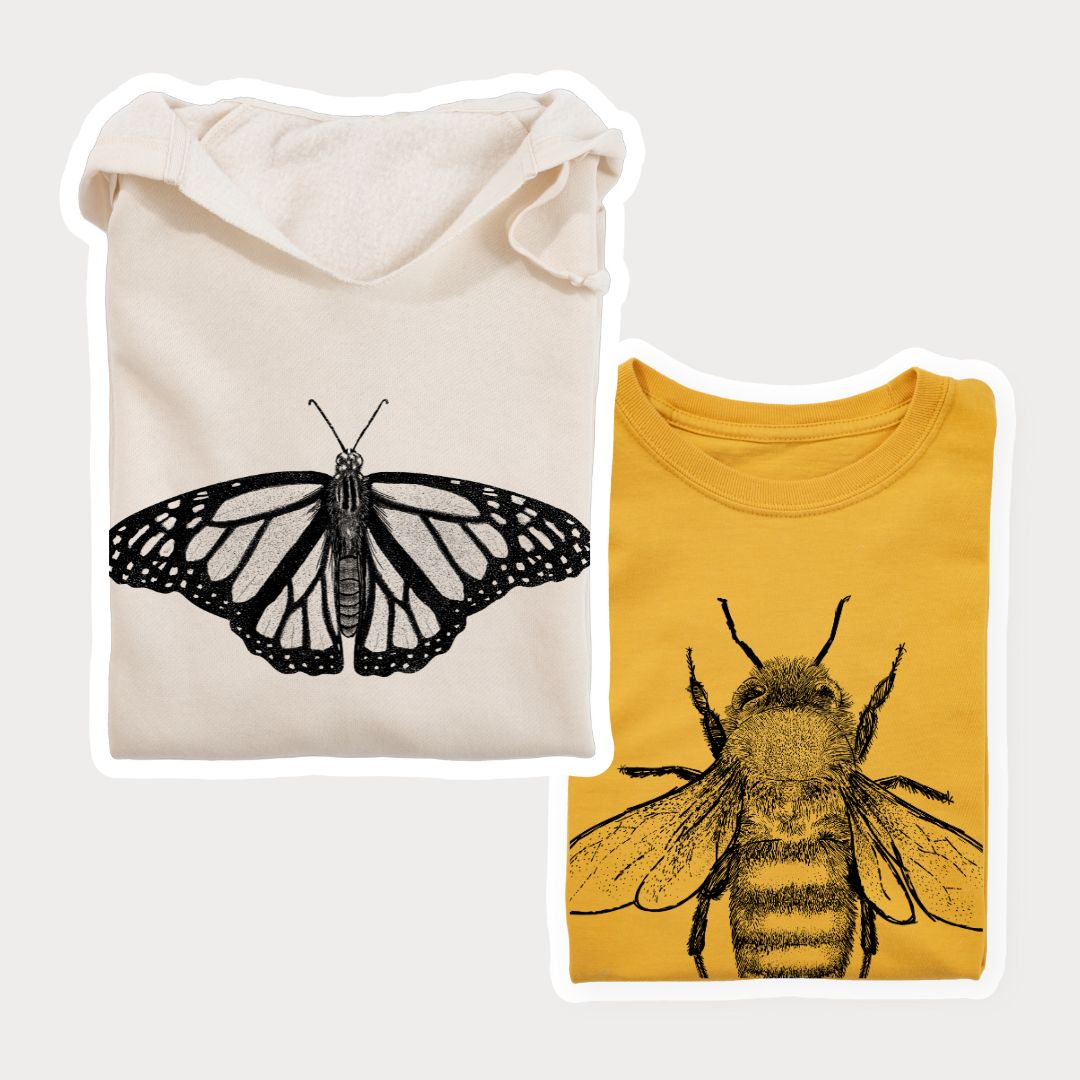


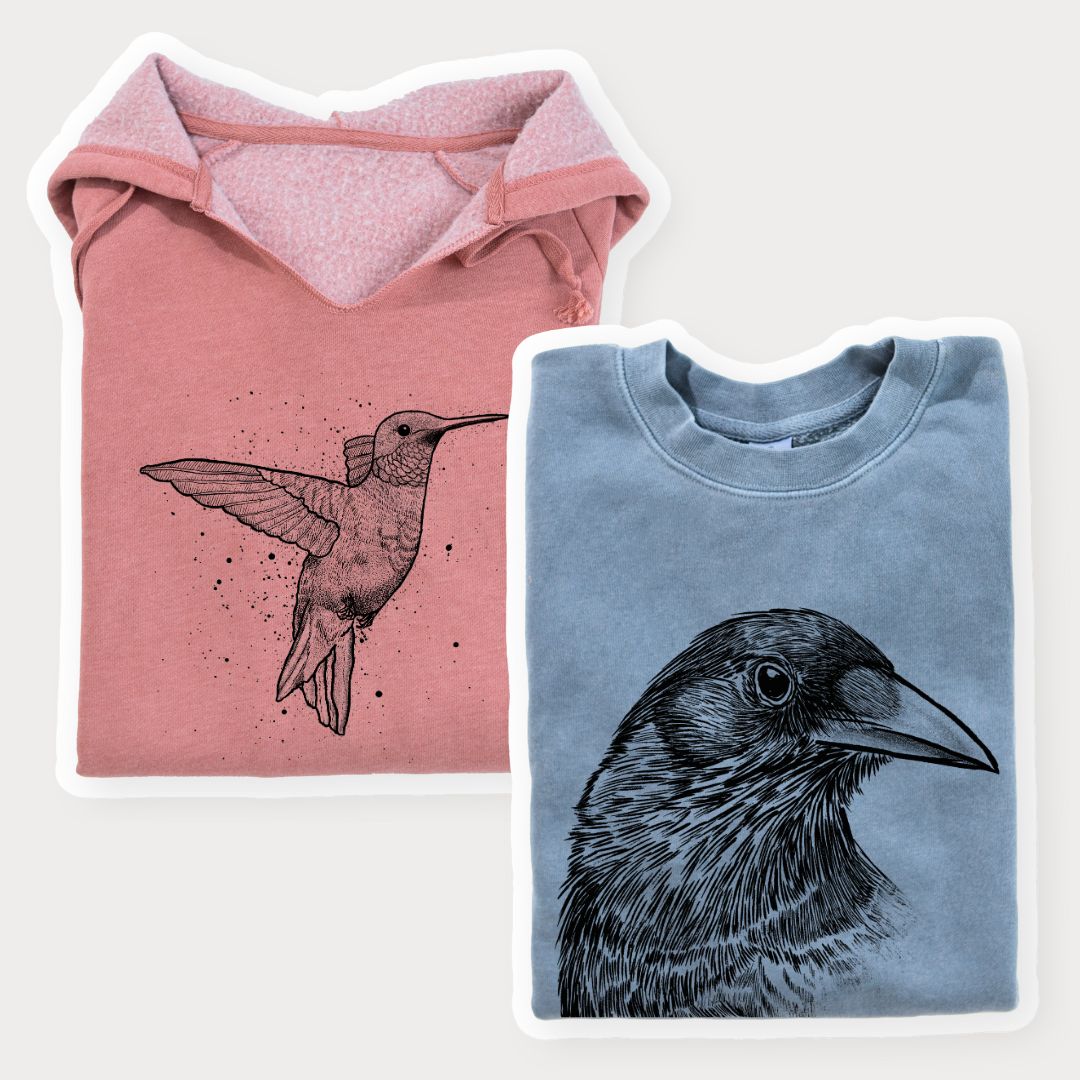
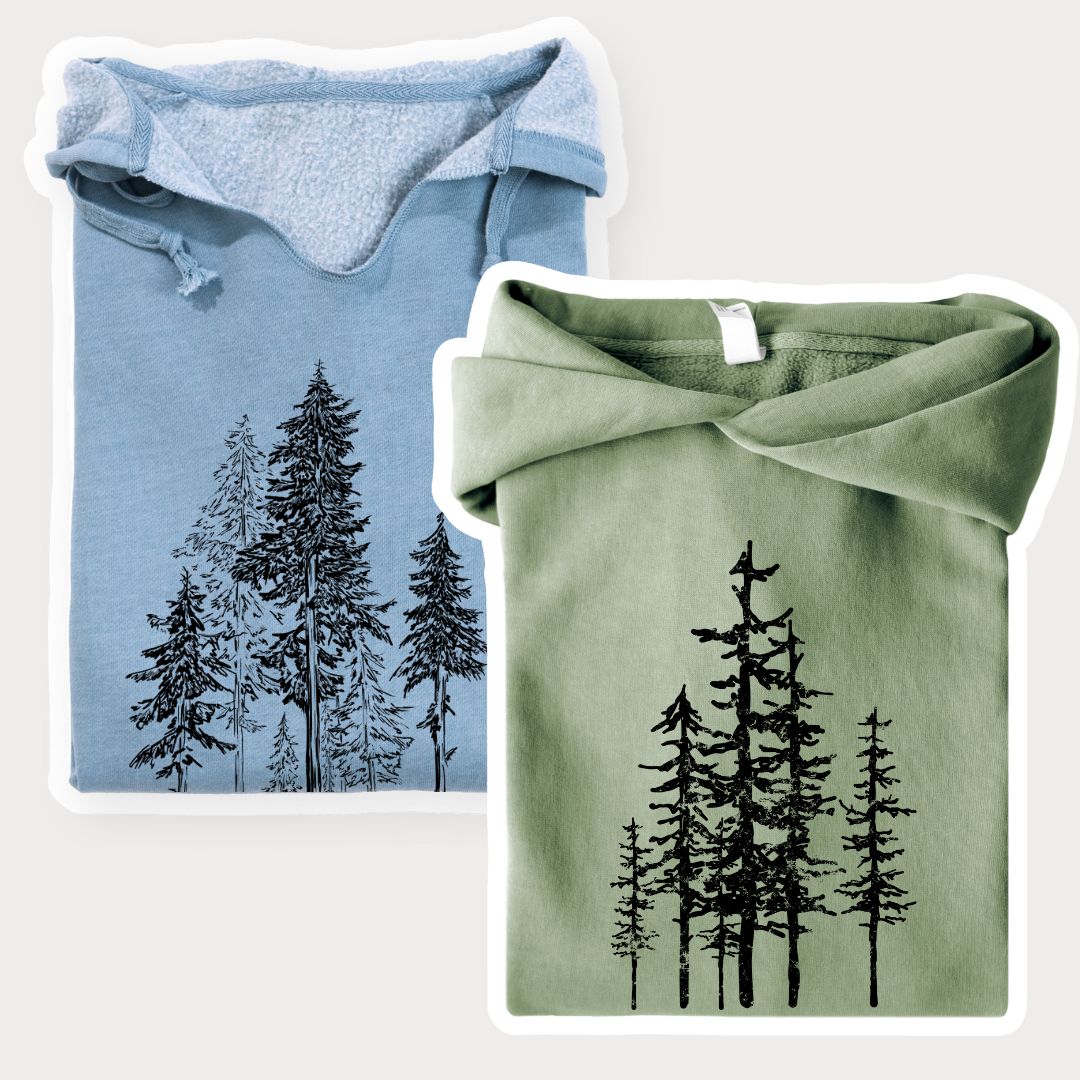
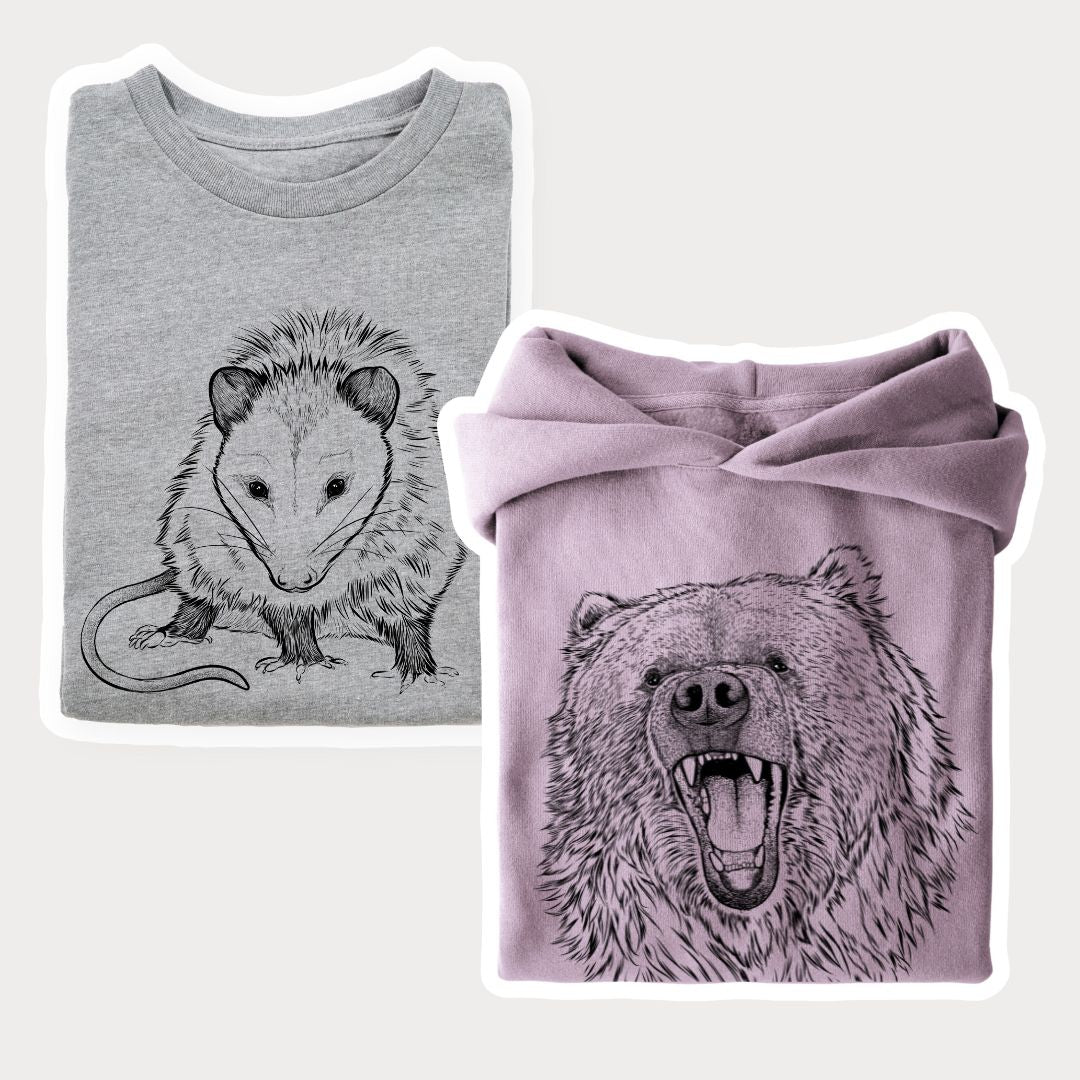


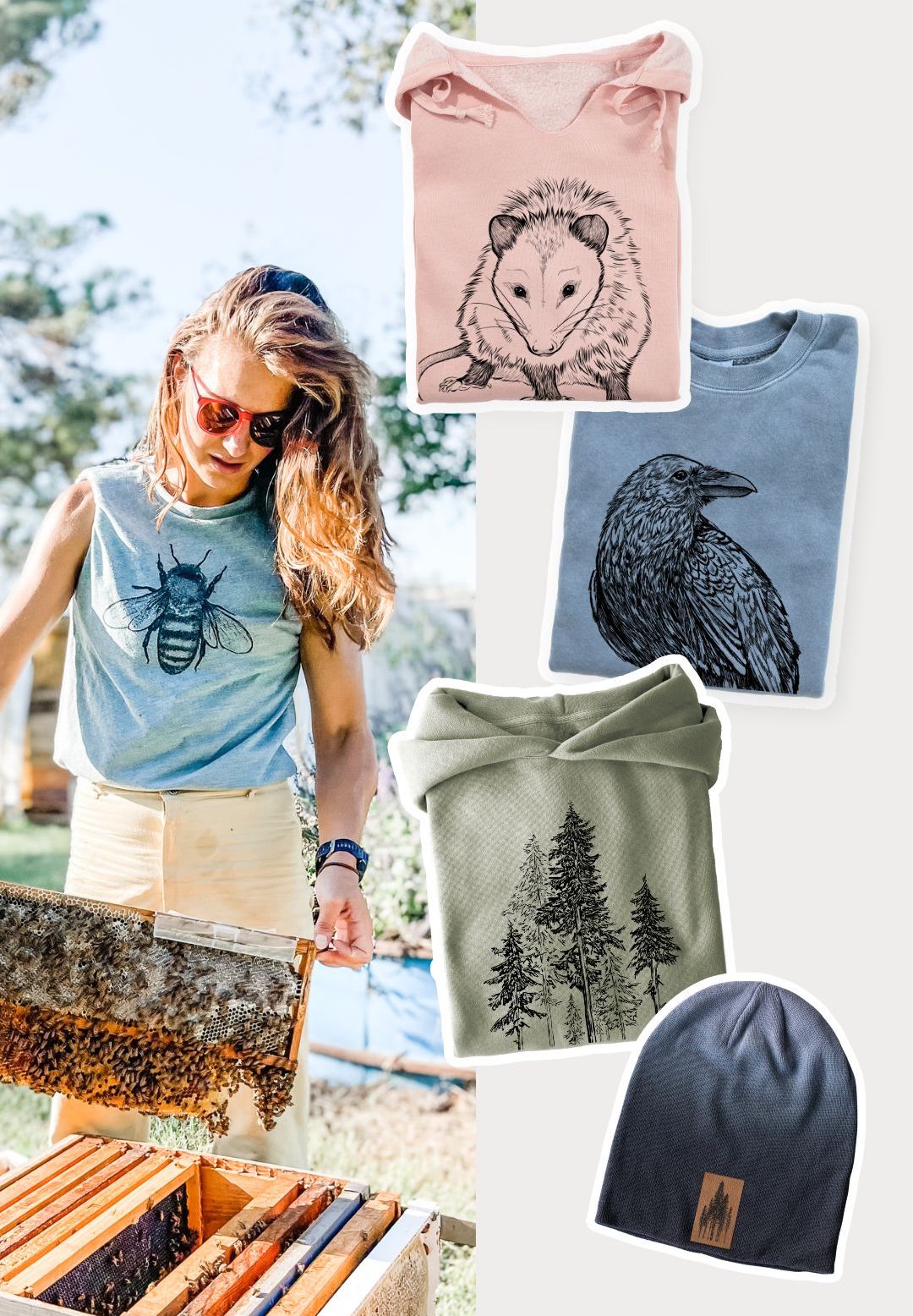

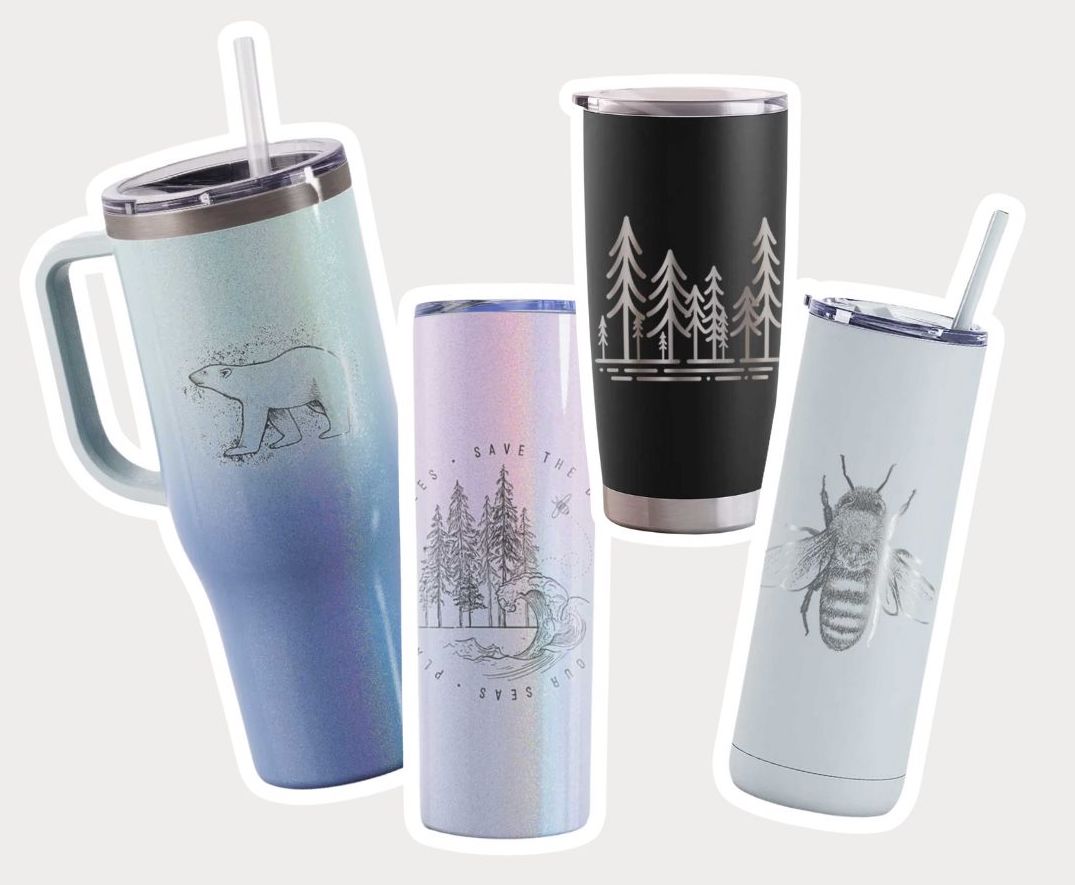

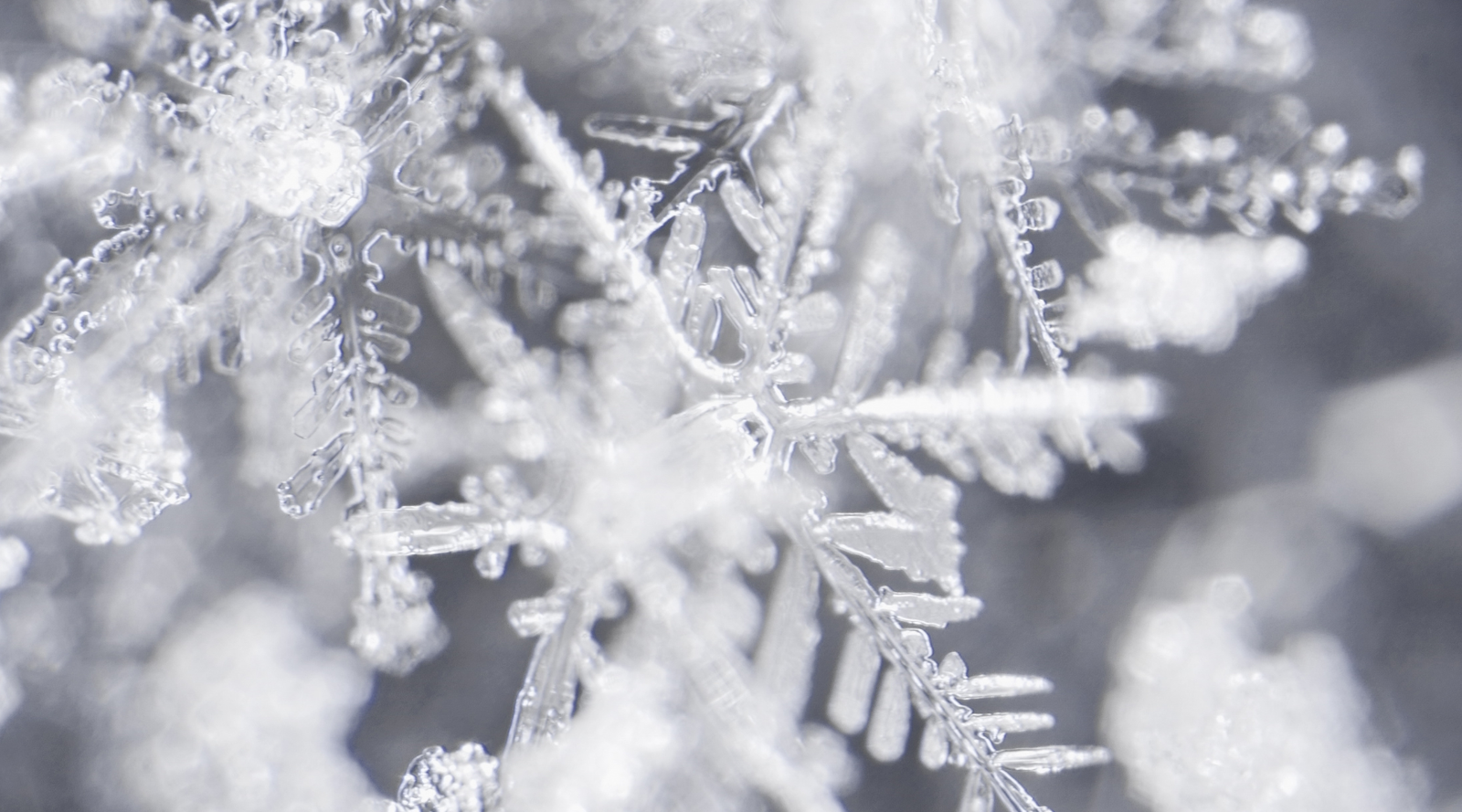
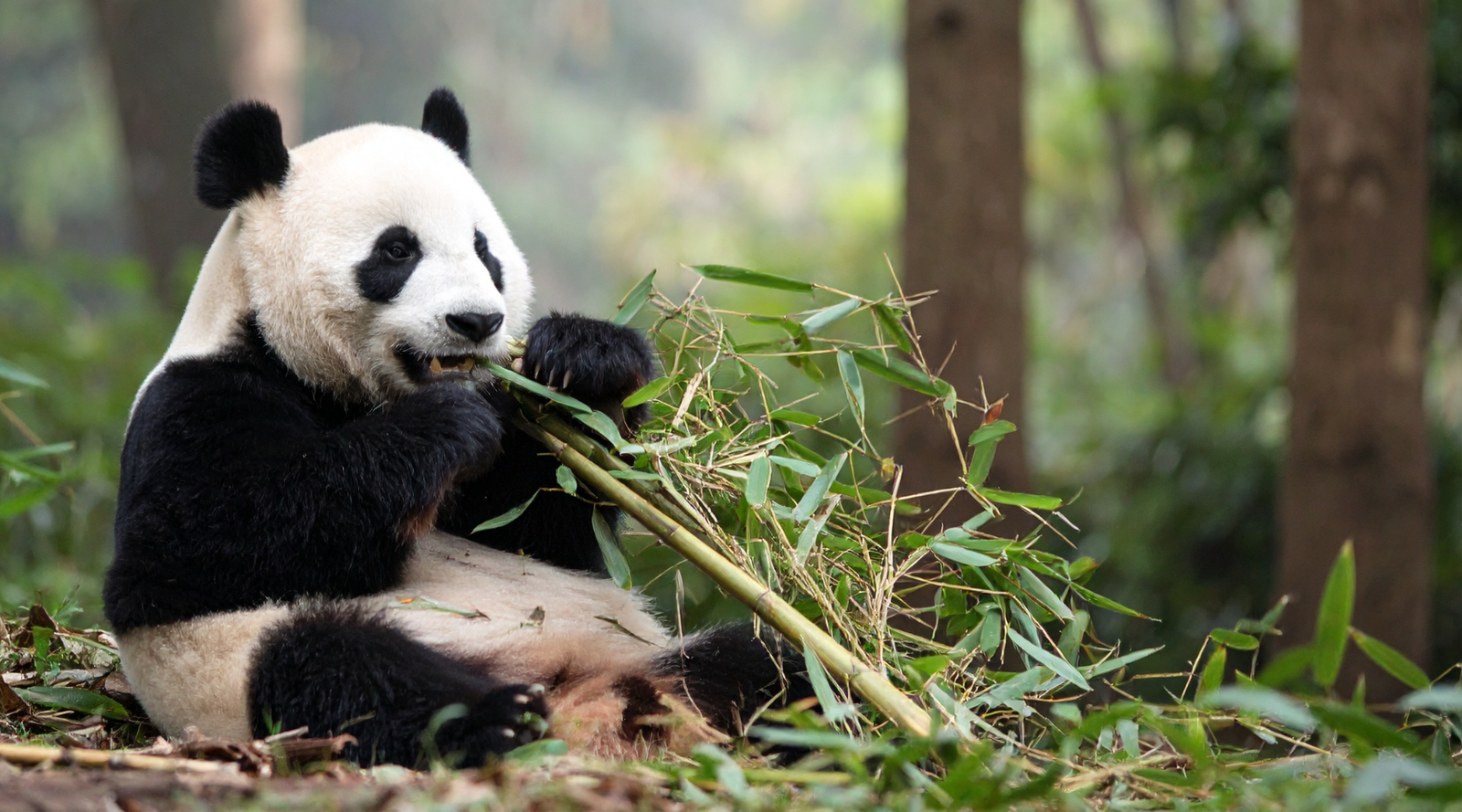
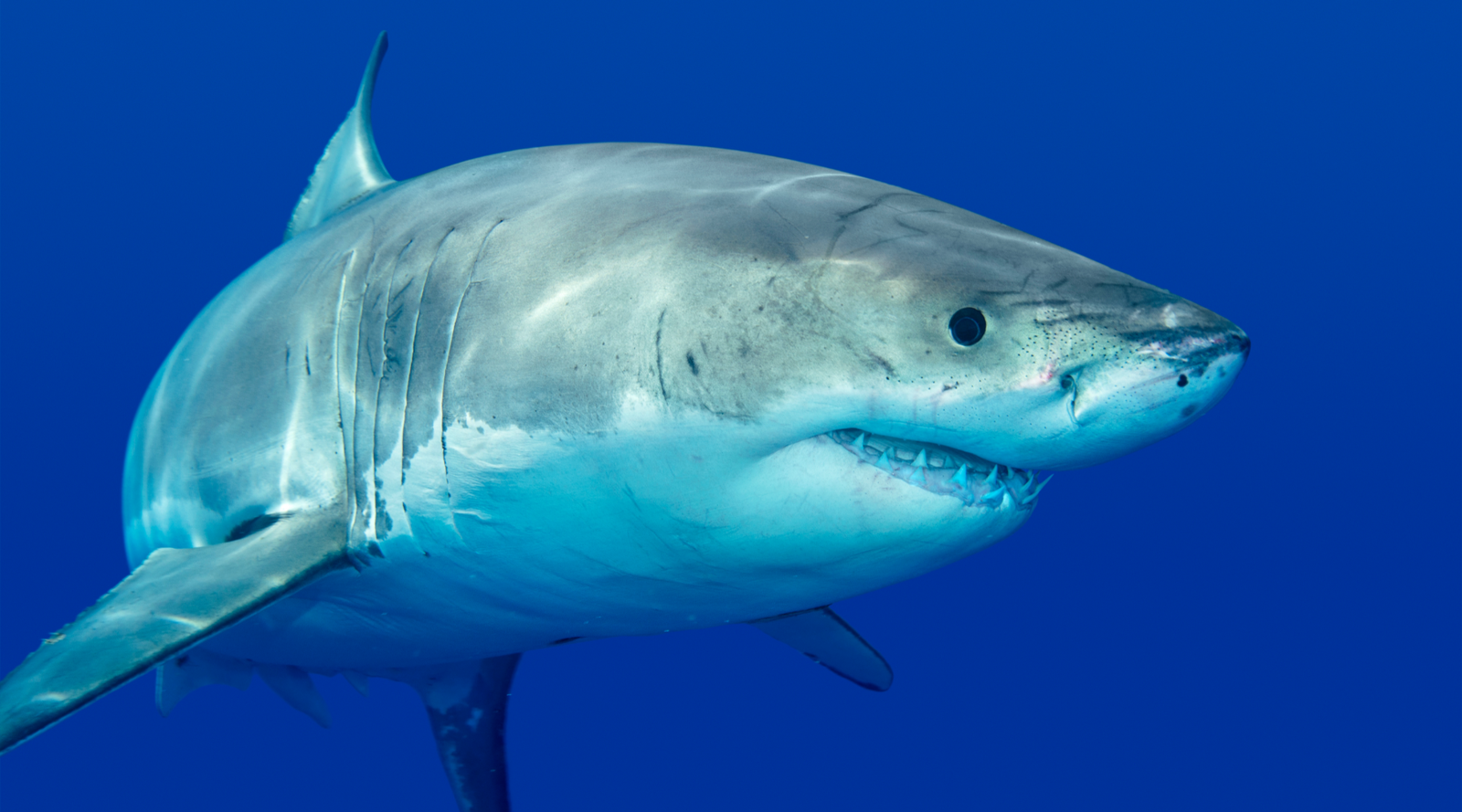
Leave a comment (all fields required)